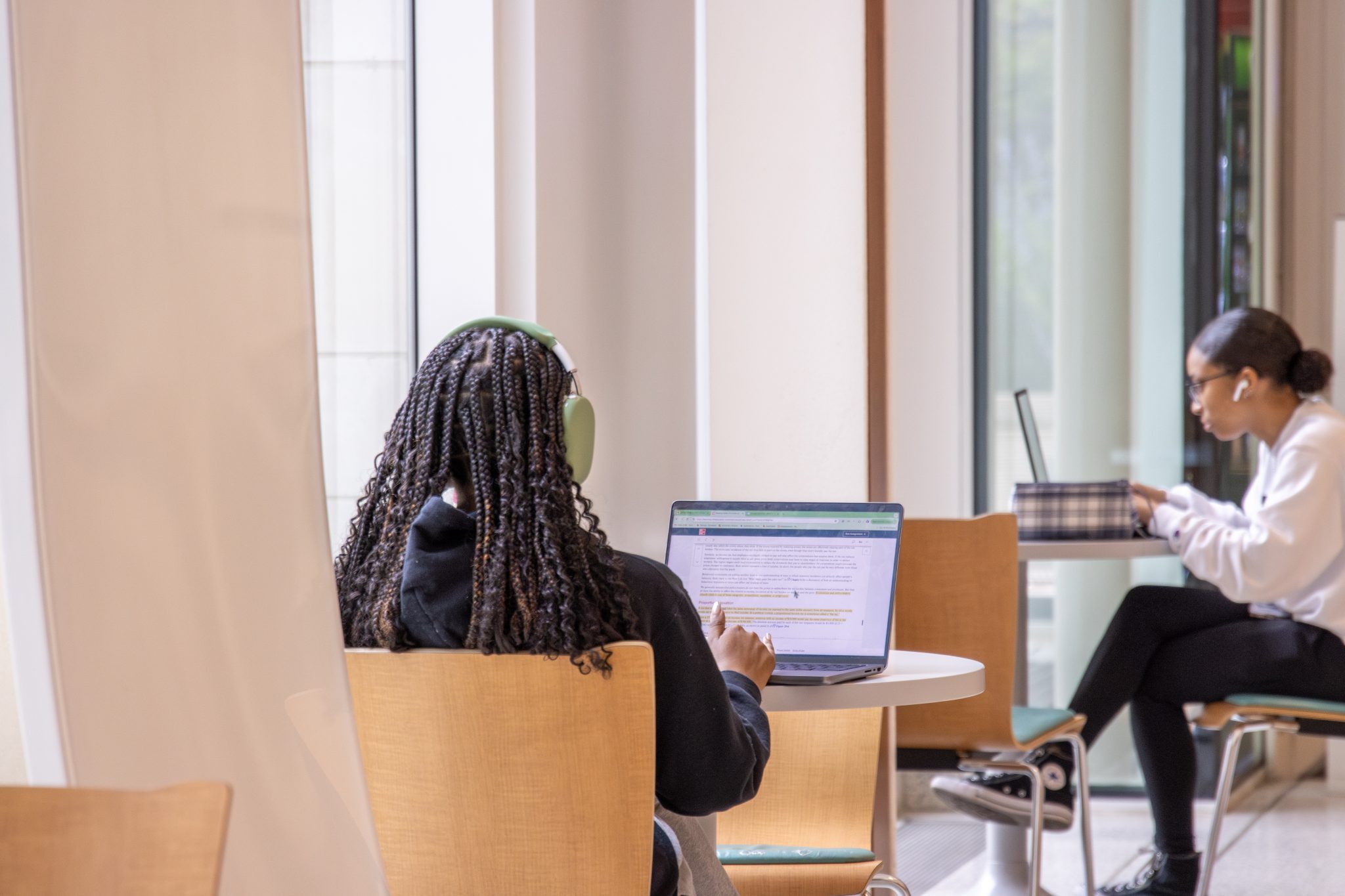Views expressed in opinion columns are the author’s own.
With the presidential election just around the corner, it is important to exercise your right to vote — if you have not registered yet, you should do that. But with as much emphasis that is put on mobilizing voters, there should be an equal amount of emphasis put on the validity of certain types of information and sources that may impact our political decisions and beliefs.
The spread of misinformation is becoming a critical threat, especially to younger generations. Misinformation campaigns continue to grow more sophisticated, driven by recent technological advancements, which makes it crucial that we take steps to safeguard our political processes.
The University of Maryland must implement mandatory digital media literacy courses as a graduation requirement to combat the misinformation epidemic. By educating young citizens to become more informed voters, we would help democracy live up to Winston Churchill’s famous description as the worst form of government.
Looking at today’s democracy with the added layer of false information and polarizing media, Churchill’s remarks on democracy and its potential problems regarding electorate choice is twofold.
Recent research shows younger generations, particularly those who spend more time online, are more susceptible to misinformation. According to the Cambridge University study, people aged 18 to 29 are at a higher risk of falling for false narratives when compared to older adults, largely because they are less experienced at discerning credible sources from dubious ones.
Recent developments in artificial intelligence have only complicated matters. AI-generated misinformation is more sophisticated than ever, with deep fakes, AI-written articles and even AI-generated social media posts that blur the line between reality and fiction.
The use of AI by foreign powers to influence U.S. elections has already raised alarms.
In September, the Office of the Director of National Intelligence reported that Russia, China and Iran are using AI-driven tactics to influence this year’s election with propaganda to generate more division among Americans or sway voters toward one candidate for political benefit.
Given these challenges, universities should take the opportunity to teach students about tools and resources they need in order to critically evaluate the information they encounter online. Currently, this university doesn’t require any formal education on digital media literacy except in an optional living learning program. This gap leaves students vulnerable to misinformation in a world where it’s becoming harder to tell fact from fiction.
Some universities, such as Florida State University, already introduced mandatory digital literacy courses to educate students on the different forms of online information. These kinds of courses ensure students can critically engage with digital content rather than passively consume it.
At Florida State University, the media literacy requirement replaced the previous computer competency course requirement. Students must meet at least three of six learning objectives within the media literacy courses they take. Some objectives require students to evaluate and interpret the accuracy, credibility and relevance of digital information and evaluate and interpret digital data and its implications.
A mandatory digital literacy course would encourage more thoughtful civic engagement. At a time when voting is often influenced by the information people consume online, helping students distinguish reliable information from misleading content is essential for the health of a democracy. Teaching students how to spot misinformation, understand the motivations behind it and assess sources critically would create a more informed electorate.
But in the abundance of echo chambers and epistemic bubbles today, truth is often undermined. The social groups present within a given echo chamber feed the constant loop of self indulgence and gratification that comes from holding those beliefs, which often take the form of falsehoods.
Some say a democracy can only be as strong as the citizens who participate in it. But as I mentioned earlier, what we consider successful participation usually focuses only on actions. These actions must be well informed to assure a positive outcome.
Being well-informed is an active task of scrutinizing information and your sources. But as it stands, there are a lot of technologies radically changing the landscape of information, which has made it a daunting task to stay well informed — and no, this does not mean merely scrolling X, formerly Twitter. This university must bridge that gap with mandatory media literacy courses, helping create conscientious participants of our democracy.
Anderson is a senior government and politics and philosophy major. He can be reached at alemus02@terpmail.umd.edu.



